A Million Bottles A Minute:
Closing the Plastics Loop
Plastic is found everywhere in our world today, from our cars to our toothbrushes. It is both a very common and a very useful material. But it also has significant environmental impacts. Some of these impacts are positive—for example, plastic packaging can extend the shelf life of food and eliminate food waste, and it can help reduce emissions from the shipping of goods because of its light weight. However, the negative impacts are considerable and have wide-reaching effects on the environment and human and animal life.
Plastic is problematic at each step of its existence, from production to disposal. Plastic is made of oil, so its production uses up this non-renewable resource. Because it doesn’t decompose and often isn’t disposed of properly, lots of that plastic ends up in our lands and waterways, where it can harm ecosystems, animals and people. There is much too much plastic in the world, and rates of production are increasing—the amount of plastic being produced has increased 200-fold since 1950 (Our World in Data).
So what can kids and teachers do to help make a difference? This workshop is designed to provide an overview of the plastics problem for children and introduce several engaging and hands-on activities to learn about its impact, widespread existence, and ways that they can make a difference. Included are eight different resources to help you engage in learning about plastics with your students.
This workshop has been developed by Learning for a Sustainable Future, with support from HP.

Getting Started
- The PDF for teachers can act as your home base, linking to each activity individually so you can go through the workshop at your own pace
- You can use the slides and speaking notes to present the workshop to your class (please note these are hosted on Google Drive, which may be blocked by some organizations including school boards. If you have trouble accessing it, try signing out of your board-affiliated email or using an incognito browser.)
- You can have LSF staff guide your class through the workshop with our play-and-go video recording
Workshop Materials
- Plastics In My Day worksheet (if you’re using the pre-recorded webinar, you can use the Plastics Bingo worksheet instead)
- Hidden Plastics cards
- Commitment To Action worksheet
